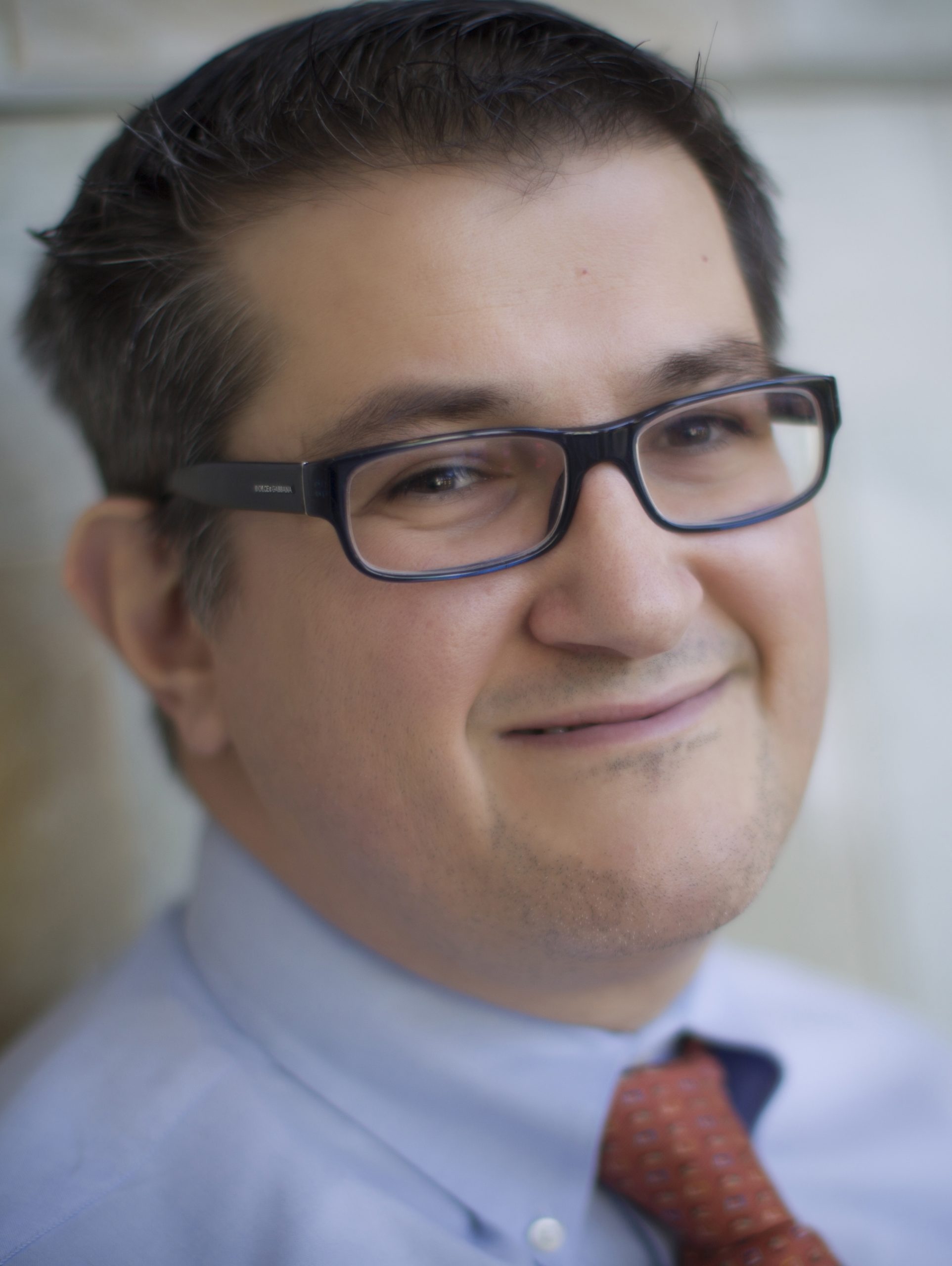Stergios Moschos, MD
Associate Professor of Medicine
Areas of Interest
Melanoma, immunotherapies, targeted therapies, sequencing, brain metastases
About
I completed my medical school training in my home country, Greece. I was allowed to be a summer student in various US academic institutions (Harvard Medical School, National Institutes of Health); this experience helped me shape my vision as a physician-scientist. I continued this “dual” pursuit during my Internal Medicine Residency training in Newton-Wellesley Hospital, Newton, MA. At the same time, I was a research fellow at the Division of Endocrinology, Beth Israel Deaconess Medical Center. I studied the impact of acute leptin deficiency (by acute starvation) on adaptive immune response.
I chose to complete my clinical fellowship training in hematology/oncology at the University of Pittsburgh Medical Center, an academic institution with a history in tumor immunology. I chose to focus on melanoma as a cancer model to study host immune response to cancer. I remained at UPMC as a junior faculty to study and conduct basic, translational, and clinical research on melanoma. At UPMC I made several original observations, including the discovery of the single SUMO E2 conjugating enzyme, Ubc9, as a mediator of chemo- and radio-resistance in melanoma; the discovery that oxidative phosphorylation is a major metabolic pathway and therapeutic target in melanoma; and the discovery that tumor-infiltrating lymphocytes are prognostic in melanoma brain metastases.
I was recruited by the current NCI director (2021) at UNC-CH in 2011 to lead the metastatic melanoma program in melanoma. My significant contribution at UNC-CH has been the close collaboration with melanoma basic and translational researchers towards translating their basic discoveries into investigator-initiated clinical trials. For example, the discovery that RANKL inhibition improves responses to PD1 and CTLA4 inhibitors in syngeneic melanoma models led to the ongoing investigator-initiated trial of denosumab plus nivolumab in melanoma (LCCC1620). Other critical collaborations with basic and translational scientists include developing of PET tracers that predict response to PD1 inhibitors (LCCC1531) and identifying tumor tissue-based predictors of response to histone deacetylase inhibitors in melanoma (LCCC1729).
My current areas of interest include understanding the tumor microenvironment in melanoma brain metastases towards developing the next generation of therapies; understanding the differences in organ-specific tumor microenvironment in patients who succumb to melanoma (warm autopsy program, R01 CA236910-01A1 with UCLA); understanding the tryptophan pathway as a predictor of response to pembrolizumab, a non-invasive biomarker, and a therapeutic target (R01 CA233904-01).
-
Undergraduate
University of Patras, Patras, Greece
-
Medical School
National & Kapodistrian University of Athens, Athens Greece
-
Residency
Newton-Wellesley Hospital, Tufts University
-
Fellowship
University of Pittsburgh Medical Center
